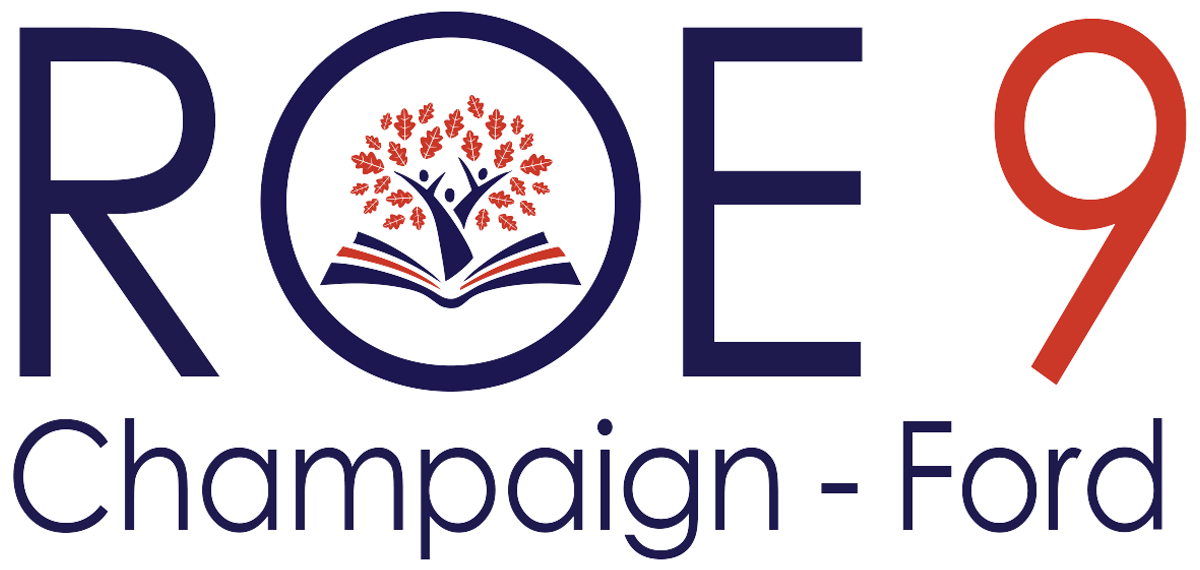I sat with my kindergartner as he practiced writing his sight words. “Ugh!” He said, exasperated, “I messed up. I’m not very good at this.” He was in his second month of school and was struggling to form the letters perfectly, as his teacher’s example showed. I explained to him that this is just the process of learning: we attempt something, we notice the flaws, and we fix them. When we correct our mistakes, our brains grow.
We encourage our children and our students to embrace the growth mindset. We want them to take risks and be comfortable with failure because we know that’s where the growth happens, where the learning happens, where their brains grow. Frequently as adults, we don’t value this process. Maybe it’s because we think we should know the answers and we should know how to do the things when we become adults, but that’s simply not true. Especially as teachers, we often feel we should have the answers. After all, we are there to teach. However, we should realize that teachers aren’t the ones with all the answers; they are merely dedicated to the pursuit of learning--for their students and for themselves.
Last month, Jim Knight wrote “Escape from the Zero-Learning Zone.” The “Zero-Learning Zone” is a safe place. It’s where we go when we feign learning to stay in our comfort zones. Teachers find themselves in this zone when they feel afraid and when they lose self-efficacy. Just as teachers encourage their students to find comfort in taking risks for the sake of learning, coaches much encourage their teachers to take risks in their instruction for the sake of learning. Olympic runners don’t win medals by running a 4:00-minute mile day after day. They adjust the distance; they adjust the intensity. Teachers do this for their students: give increasingly difficult tasks to flex students’ cognitive muscles. Coaches must facilitate this process for their teachers, too. Support teachers in embracing the flex of the learning process.
Now, when my kindergartner catches a mistake or an imperfection on his homework, he calls me over to see if his brain grew. The teachers we work with should feel the same way about their practice: proud of their experience in the learning process, no matter where they are.

